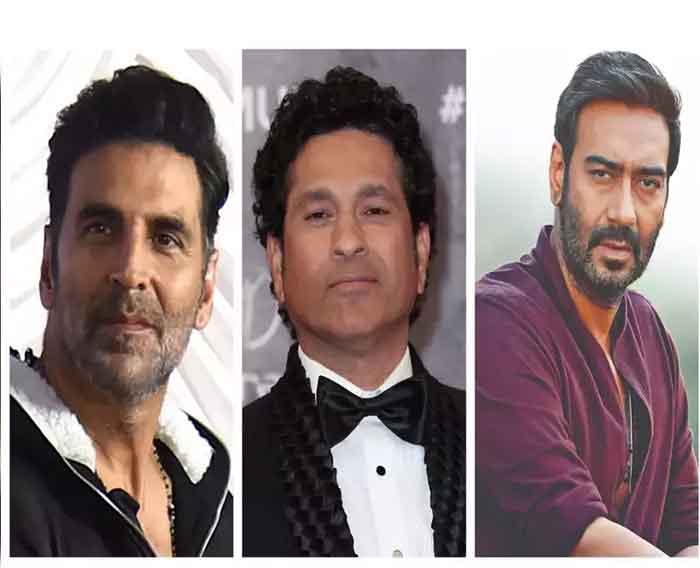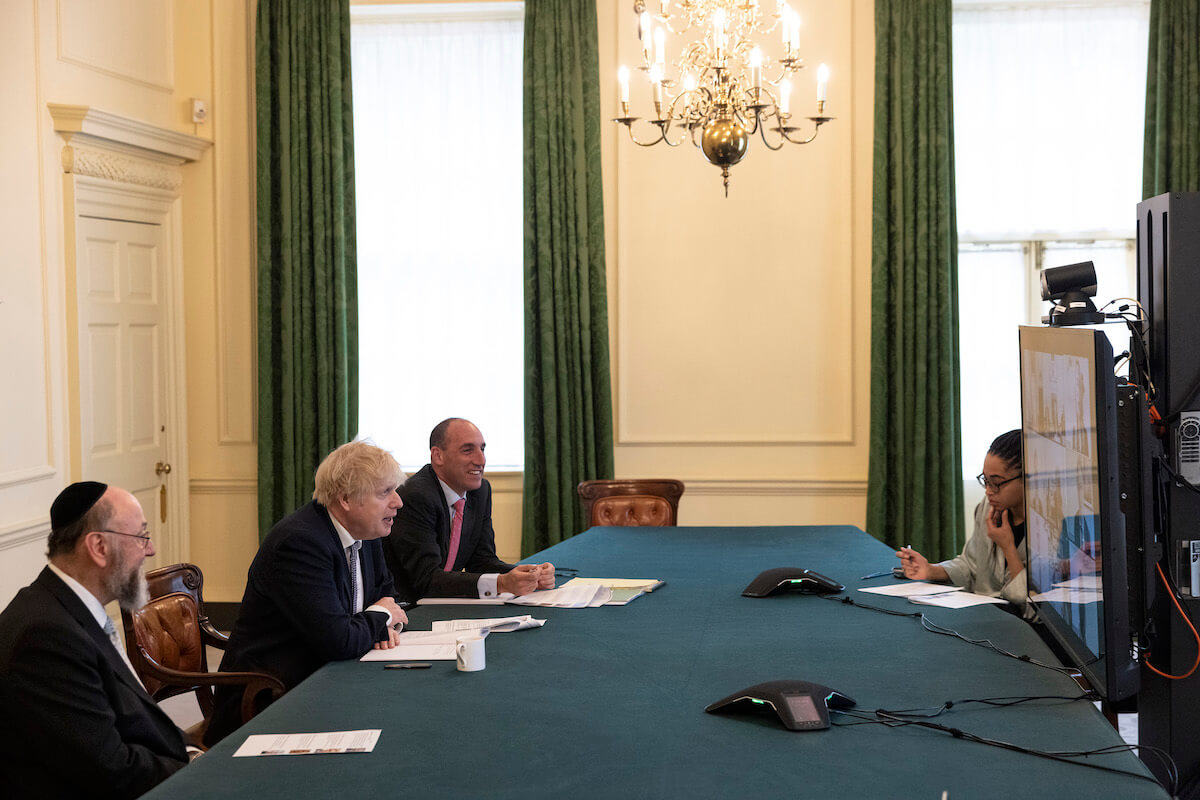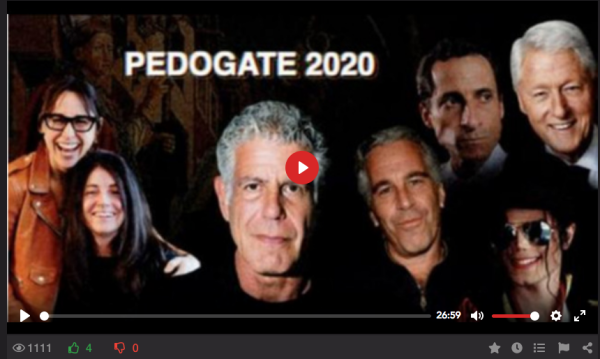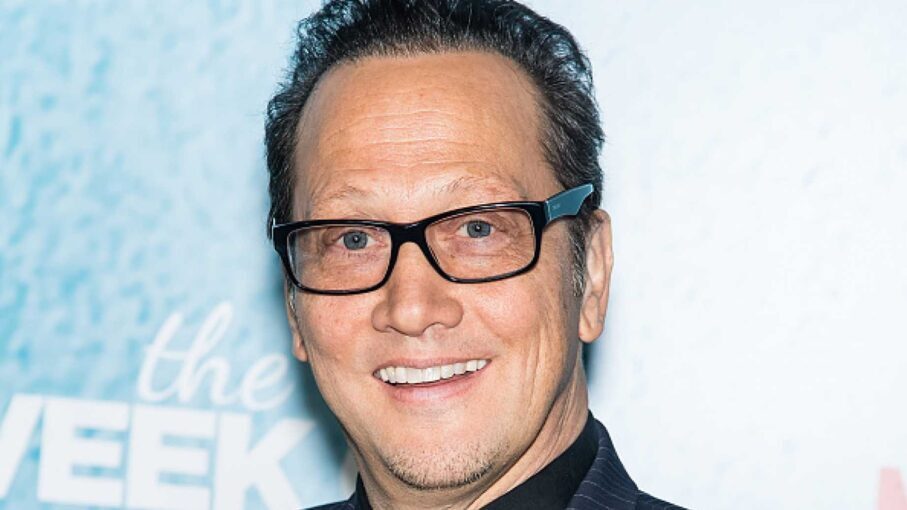
India, since 2014, has been witnessing sharp polarization between people who support the government and people who adhere by the values that define this nation. Unfortunately, majority of the celebrities with millions of followers on social media accounts support the government blindly, disregarding the social conditions, the plight of the ordinary citizen and the democratic value system which sustains this nation as a single entity. Identical tweets from multiple accounts hailing the government policies that are detrimental to the fragile social fabric of the nation display the blind support these celebrities extend to the government.
I had a friend with whom I fought bitter battles over his idol, Sachin Tendulkar. He worshipped Sachin and every time I spoke against his tax evasion or his silence in the Rajya Sabha, my friend went berserk. He would try to silence me by saying “Can’t you see any good in mankind?” This was a blanket statement, directed at my personal belief system and I knew then, that the argument was going nowhere. So I left it there and we moved on. Now, as we see the clay feet of our celebrities, the cowardice and the blatant trumpet blowing for the hegemonic powers, I cannot but remember those heated arguments over Sachin Tendulkar.
Rihanna’s tweet, along with other tweets by international celebrities, have exposed the lie that we had all believed in, for so long. The lie, that our celebrities are role models, whose lives are to be emulated, has to be discussed in public. Sachin Tendulkar, P T Usha, Akshay Kumar, Karan Johar, Latha Mangeshkar and many more of them, both sports persons and film personalities, who had been enjoying immense popularity in the country, stood exposed as political beings. Their tweets were identical which meant that they had merely shared tweets that they were asked to do. This is not the first case of such shared tweets being trolled by the public, the Shaheen Bagh protest being another recent instance.
Celebrities of this stature are a product of the market system, capitalist structures that build narratives of individual successes catering to the neoliberal values of contemporary times. Mass media plays a huge role in circulating such images and cultures of adulation. A sense of the community and individual growth with the help of collectives have been abandoned in favor of such role models, who do not just remain as experts in particular fields, but as human beings who are leading the ideal lives, the successful lives where amassing of wealth becomes a major criterion of success.
Do we really need a culture of celebrity worship? Should we idolise human beings whom we know are fundamentally flawed, as individuals? Are we equipping our children to see through all the glitz and glamor surrounding celebrities? With social media platforms helping us to create celebrities out of hitherto unknown human beings, the situation can only worsen. Then we need to ask ourselves, should we celebrate the art or the artist, the sport or the sportsperson?
In contemporary times, with pluralities of voices heard over multiple channels of media, one can get lost in the pandemonium created to drown voices of sanity that might be heard feebly, if one has the sensibility to comprehend those voices and perspectives. What is heard and seen are the spectacles of grandeur and the stories of luxurious lives, where life seems the perfect dream offered by the neoliberal market to its consumers. The lives of human beings are basically stories about bodies getting old and weak and passing on, one day, as the struggle gets too exhaustive. Apart from this shared history, the rest is all built around narratives, suited to validate the hegemony of the structures in power. Life of a human being becomes meaningful in collectives, as a social being, when one lives within social institutions, and then it becomes something more than a bare existence, one which is entrenched in ideology as well. Such social living requires one to be deeply political, with an awareness of the social relations and power structures that can become oppressive and exploitative as well. Our celebrities are social beings too, since they live in societies and are part of social interactions and are political in their deeds and words too. One cannot dismiss off their political positions, if they declare them loud and clear. Their sportspersonship or their artistic qualities are definitely worthy of being remembered and cherished. But their ideologies, if they are problematic, should be called out and condemned, their celebrity status cannot provide them immunity from such critiquing of their social behavior. While we see several celebrities respond to social injustices on international platforms, Indian celebrities seem to have turned out to be individualistic shallow beings with no sense of social responsibility or humanitarian concern.
In contemporary India, the voices against these identities must be loud and their hypocrisies must be called out in public because their political allegiances, probably driven by selfish motives, are toxic and dangerous to the nation and its fragile normative structures that value democracy and secularism.
Swapna Gopinath, Associate Professor, SIMC, Pune
IF YOU LIKED THE ARTICLE SUPPORT PEOPLE’S JOURNALISM
Related posts:
Related posts:
Views: 0
 RSS Feed
RSS Feed

















 February 8th, 2021
February 8th, 2021  Awake Goy
Awake Goy 





 Posted in
Posted in  Tags:
Tags: 
















